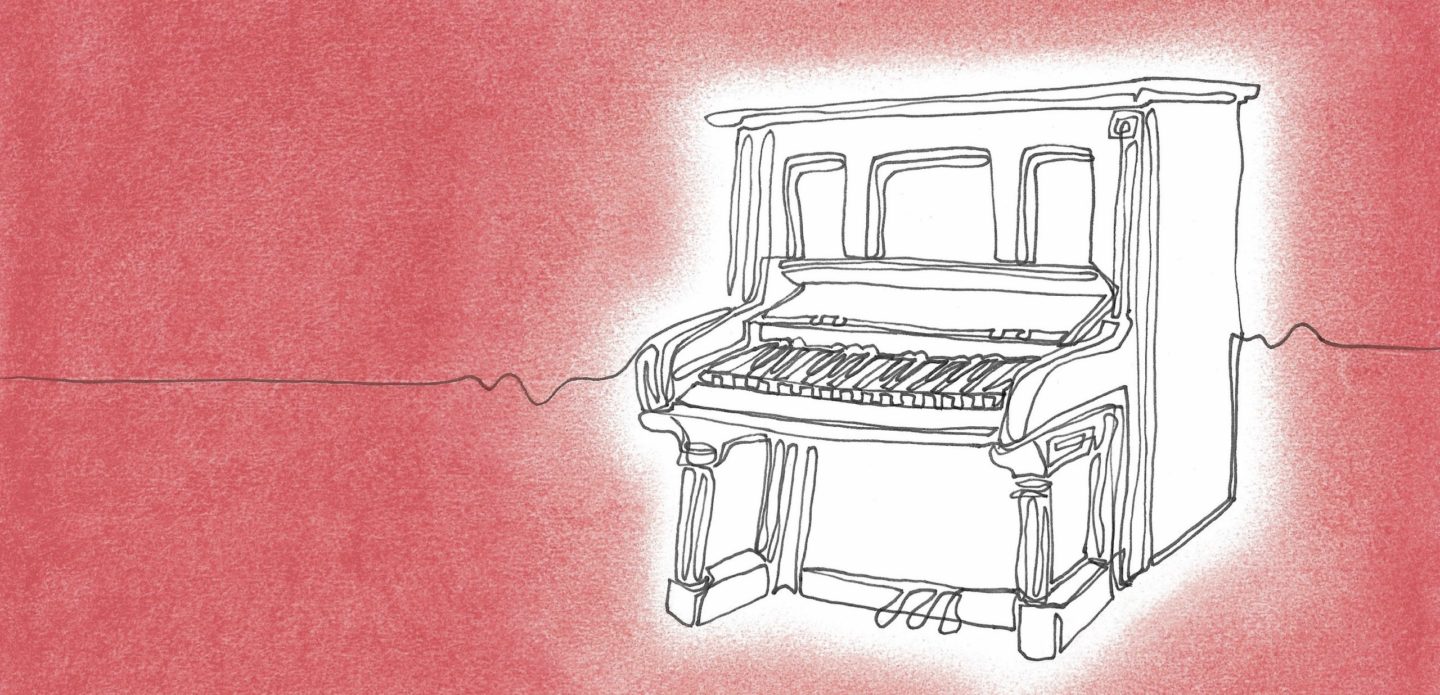
Project Overview
Our original grant proposal:
When advertising trendy vacations to Cuba, every article describes old cars, bright but crumbling buildings, blissful island vibes, and music pouring onto the Malecón. Countless media outlets, including the New York Times, describe Cuba as being “a time capsule” and “on the cusp of change.” American tourists, previously unable to visit, lament wanting to visit before the country is “ruined” by capitalism. Visitors leave Havana with a distorted view of socialist society, viewing daily hardships through rose-colored glasses. As stated in one opinion article, “For these Americans, Cuba exists solely as an idealized socialist paradise, in almost complete stasis since the Cold War, which has yet to be befouled by the corrupting influence of other Americans. For them, the island nation is the land of the noble savage on the verge of contact with the advanced but impure outside world, sure to despoil its backward, but charming, ways. These people don’t want to see the real Cuba. They want to be able to say that they were there before it got Americanized.” But what is the reality of Cuban life, and how can we, as visitors, be aware of our positionality and participate in ethical tourism?
